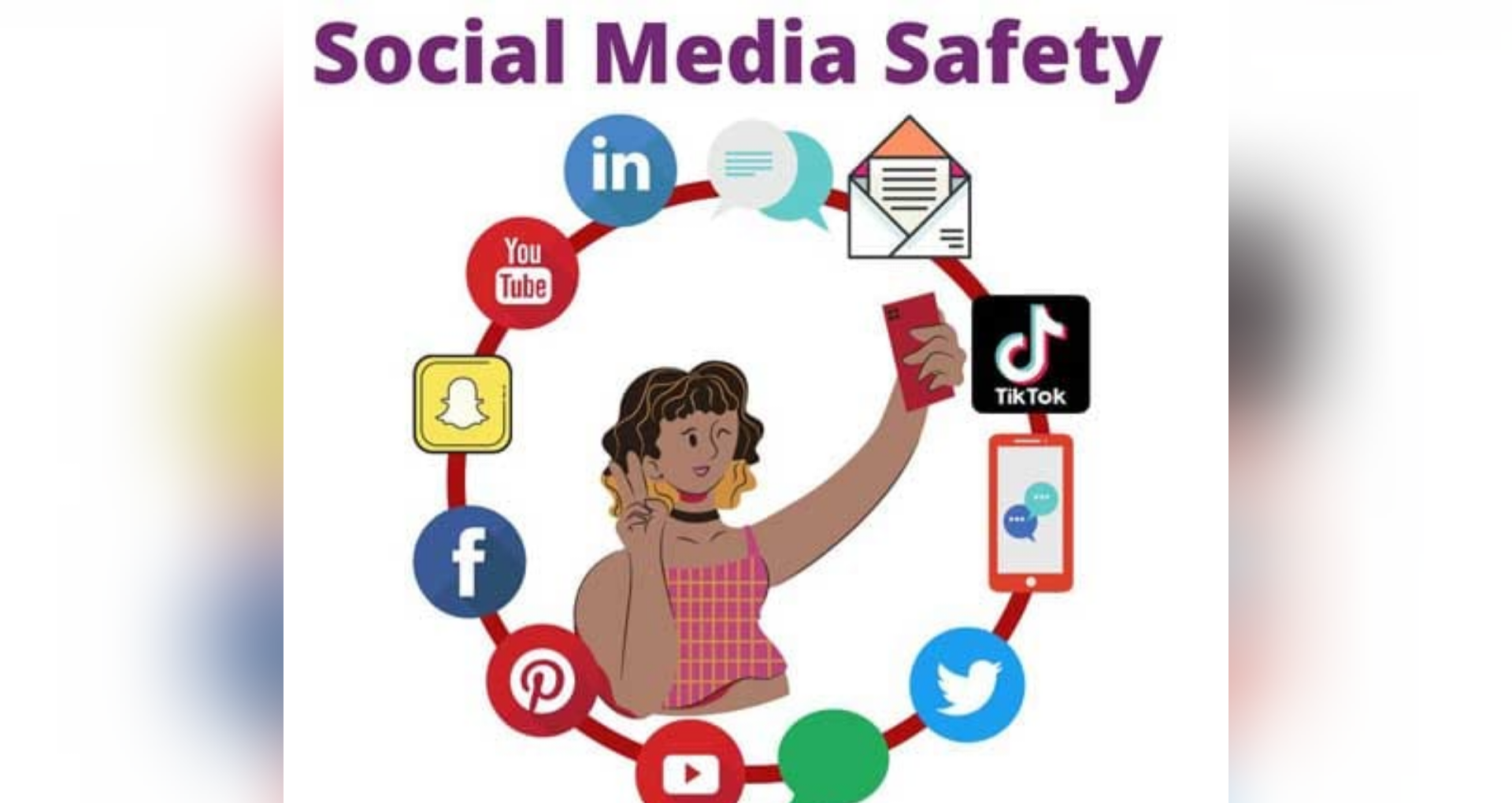Helping your child with a social media addiction requires understanding, communication, and gradual changes. Here are some ideas:
- Open Communication: Talk to your child about their social media usage, concerns, and feelings without judgment. Make them feel heard and understood.
- Set Boundaries: Establish clear rules and boundaries for social media use. This could include specific times for usage and limits on daily screen time.
- Lead by Example: Model healthy social media habits yourself. Show your child how to balance online and offline activities.
- Monitor Usage: Keep an eye on your child’s online activity, not as a means of control but to ensure their safety and well-being.
- Encourage Offline Activities: Promote hobbies, sports, or creative pursuits that can divert their attention away from screens.
- Provide Alternatives: Offer alternative forms of entertainment, such as board games, reading, or outdoor activities.
- Educate About Risks: Teach your child about online risks like cyberbullying, privacy issues, and the importance of critical thinking online.
- Support Self-Esteem: Encourage your child’s self-esteem and self-worth offline so that they are less dependent on social media validation.
- Seek Professional Help: If the addiction is severe, consider consulting a therapist or counselor with expertise in digital addiction.
- Gradual Reduction: If necessary, help your child gradually reduce screen time rather than going cold turkey, as abrupt changes can be challenging.
Remember, it’s essential to approach this issue with empathy and understanding, rather than punishment. Your child’s well-being and mental health should be the top priorities.




 Post a comment
Post a comment








